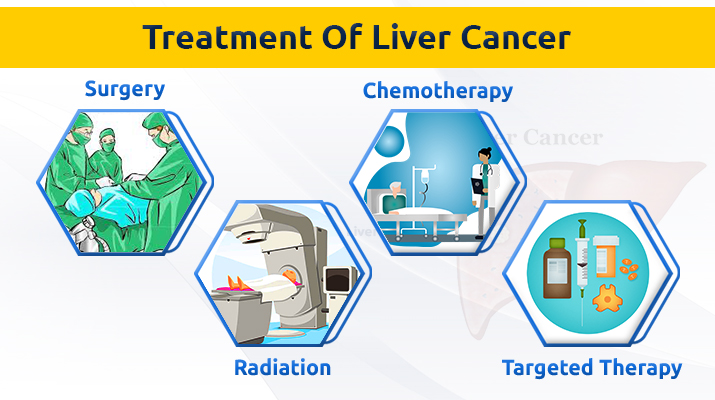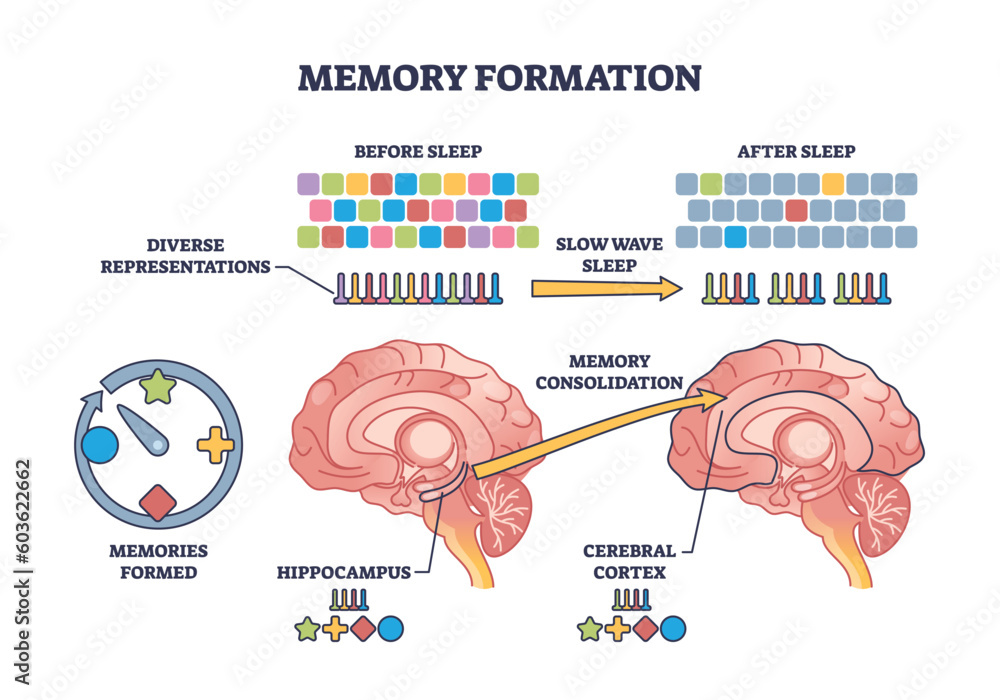The Breakthrough Prizes 2025 have ignited excitement in the scientific community by honoring three exceptional Harvard scientists who have made monumental strides in health research. Recognized as the “Oscars of Science,” this prestigious award highlights major advances such as gene editing breakthroughs and pivotal findings in multiple sclerosis research. Among the honorees, Alberto Ascherio has established compelling links between Epstein-Barr virus infections and the development of MS, shedding light on a disease that afflicts millions. Additionally, Joel Habener’s work on glucagon-like peptide-1 (GLP-1) has paved the way for innovative treatments that are reshaping obesity management and diabetes care. These remarkable achievements underscore the impact of dedicated research on human health and elevate the profile of science as an essential driver for societal advancement.
The 2025 Breakthrough Prizes celebrate remarkable achievements in science, recognizing the groundbreaking efforts of researchers who are pushing the frontiers of knowledge. This year, three distinguished scientists from Harvard have been honored for their contributions to public health, particularly in areas like gene manipulation and therapies for chronic conditions. Alberto Ascherio’s research on the Epstein-Barr virus offers crucial insights into the causes of multiple sclerosis, while Joel Habener’s discoveries regarding GLP-1 have transformed approaches to treating obesity and diabetes. Additionally, the innovative gene-editing technologies developed by David Liu hold the potential to correct genetic defects and advance therapeutic possibilities for various diseases. These recognitions reflect a broader commitment to harnessing scientific discovery for the betterment of society.
The Impact of Breakthrough Prizes 2025 on Scientific Research
The Breakthrough Prizes 2025 have awarded notable Harvard scientists, including Alberto Ascherio, Joel Habener, and David Liu, for their significant contributions to medical sciences. This recognition, often referred to as the ‘Oscars of Science’, not only honors individual achievements but also shines a spotlight on critical scientific advancements that promise to change lives. The acknowledgment by such high-profile organizations brings necessary attention and funding to pressing health issues such as multiple sclerosis and obesity, leading to deeper research and innovative solutions.
Receiving the Breakthrough Prize underscores the importance of rigorous scientific exploration and breakthrough findings, especially in areas like gene editing. The work of these scientists signifies a movement towards tackling previously insurmountable challenges within medicine. Achievements like those of Ascherio in revealing the links between Epstein-Barr virus and multiple sclerosis highlight the necessity of continued investment in scientific research to uncover new paths to treatment and potential cures.
Understanding Multiple Sclerosis Research Advances
Multiple sclerosis (MS) has long puzzled researchers, and the groundbreaking work of Alberto Ascherio places our understanding of the disease on a new trajectory. His findings point to the Epstein-Barr virus as a major contributor to MS, fundamentally changing how the medical community approaches this chronic condition. With approximately 2.9 million individuals affected worldwide, the implications of this research are profound, as it opens up avenues for vaccine development and tailored treatments that specifically target the underlying viral causes of the disease.
Furthermore, the emphasis on Epstein-Barr virus in MS research not only invigorates clinical trials but also lays the groundwork for larger studies exploring viral contributions to other autoimmune diseases. This shift in perspective could redefine patient care and prevention strategies, emphasizing the need for holistic approaches in addressing complex health issues. The future of MS treatment may now rely heavily on these viral insights, making continued research efforts all the more essential.
Gene Editing Breakthroughs Transforming Healthcare
Gene editing technologies have made monumental strides, with David Liu at the forefront of this revolution. His work on base editing and prime editing has introduced methods that can precisely alter genetic sequences, offering hope for numerous genetic disorders. These breakthroughs represent a leap forward in genetic medicine, showing promise in correcting mutations that cause conditions ranging from sickle cell anemia to muscular dystrophy. With more than 15 clinical trials underway, the transformative potential of these technologies could redefine what is possible in treating genetic diseases.
As gene editing continues to evolve, the implications extend beyond individual treatments. Liu’s innovations may facilitate studies in gene therapy, allowing scientists to explore the deeper functionalities of the genome and its interaction with various diseases. As research expands in this area, we could witness a broader application of these techniques, moving towards personalized medicine where treatments are tailored to an individual’s unique genetic makeup.
GLP-1 Treatments Revolutionizing Obesity Management
The work of Joel Habener and his colleagues in the discovery and characterization of glucagon-like peptide-1 (GLP-1) reflects a transformative era in obesity management. GLP-1 plays a pivotal role in regulating blood sugar and appetite, establishing it as a key target for innovative treatments for Type 2 diabetes and obesity. The advancements in understanding how GLP-1 functions within the body have led to new therapeutic options that not only improve metabolic health but also enhance the quality of life for millions of patients.
The successful development of GLP-1-based therapies illustrates the potential of integrating fundamental research with clinical application. These treatments have paved the way for more effective strategies in combating obesity-related health issues, suggesting that future research will likely continue to marry scientific discovery with practical, life-saving treatments. This holistic approach highlights the significance of collaboration and innovation within the scientific community to tackle pressing health challenges.
Exploring the Role of Epstein-Barr Virus in Other Diseases
While Alberto Ascherio’s groundbreaking work has identified Epstein-Barr virus as a significant factor in multiple sclerosis, researchers are actively exploring its potential links to other diseases. This virus, often known for causing infectious mononucleosis, may also be implicated in various autoimmune and neurological disorders. Understanding these connections could be crucial in developing vaccines or treatments that not only address MS but also a spectrum of illnesses influenced by viral activity.
Researching Epstein-Barr virus’s broader impact opens new avenues for medical understanding and innovation. As studies in this area unfold, they could lead to breakthroughs in preventing and managing diseases previously thought to be unrelated. With viral infections playing a role in the development of several chronic conditions, the exploration of Epstein-Barr highlights the necessity of considering infectious agents in the framework of disease pathology.
Future Directions in Gene Therapy and Editing
As the exploration of gene editing progresses, it is essential to evaluate its ethical implications and future applications within contemporary medicine. The technologies pioneered by David Liu mark the beginning of a new era, yet the full spectrum of their influence remains to be seen. Future developments in gene therapy must navigate regulatory frameworks while addressing safety and efficacy, ensuring these powerful tools can be utilized responsibly.
Additionally, the integration of base and prime editing into clinical practice may redefine how we approach genetic diseases altogether. These innovations may not only cure existing genetic conditions but also promote the prevention of genetic diseases by correcting mutations before they manifest. The ongoing research will play a pivotal role in shaping the landscape of genetic medicine, making it crucial for scientists and policymakers alike to engage in open dialogue about these advancements.
GLP-1 Treatments: A New Hope for Type 2 Diabetes Patients
The evolution of GLP-1 treatments has ushered in a hopeful era for individuals battling Type 2 diabetes. By effectively regulating insulin secretion and appetite, these therapies work by mimicking the natural function of GLP-1, leading to enhanced glucose control and weight loss. This dual mechanism not only aids in managing diabetes but also addresses obesity, which is a key contributor to the disease. As more patients embrace these treatments, the potential for improved health outcomes becomes evident.
Additionally, innovations in GLP-1 medications have placed a growing emphasis on personalized healthcare. As research continues to unravel the complexities of hormone interactions within the body, medical professionals are better equipped to customize treatment plans that align with individual patient needs. This tailored approach reinforces the importance of ongoing research and clinical trials, ensuring that advancements in GLP-1 therapies remain at the forefront of diabetes and obesity management.
The Interplay Between Nutrition and Medical Innovations
Nutrition has long been recognized as a critical component of health, and its interplay with medical innovations brings new dimensions to patient care. The achievements of researchers like Alberto Ascherio exemplify how lifestyle and nutritional factors can impact disease outcomes, particularly in conditions like multiple sclerosis and obesity. As awareness grows around the effects of dietary habits on chronic diseases, integrating nutritional science with medical innovations promotes a more comprehensive approach to healthcare.
Furthermore, understanding the connection between nutrition and the effectiveness of treatments such as gene therapy and GLP-1 medications is vital. Research indicates that personalized nutrition strategies can enhance treatment outcomes, making it essential for healthcare providers to incorporate nutrition counseling into the overall treatment plan. This synergy between nutrition and medical advancements not only empowers patients but also fosters a proactive approach to disease prevention and management.
Recognizing Collaborative Efforts in Scientific Discovery
The recognition of Harvard scientists with the Breakthrough Prizes highlights the importance of collaboration in scientific discovery. The achievements of Ascherio, Habener, and Liu are not isolated; rather, they are the culmination of concerted efforts within interdisciplinary teams that span across various fields of expertise. Such collaboration fosters innovation, allowing scientists to leverage different perspectives and skill sets to tackle complex health challenges effectively.
As collaborative models gain traction in the research community, they serve as a reminder that advancements in science are seldom the result of individual efforts alone. The dynamic interchange of ideas and findings between researchers enhances the pace of discovery and may lead to unexpected breakthroughs. As we continue to honor such collaborative endeavors in scientific research, the importance of teamwork in advancing our understanding of health and disease cannot be overstated.
Frequently Asked Questions
What advances in gene editing contributed to the Breakthrough Prizes 2025?
The Breakthrough Prizes 2025 recognized significant advances in gene editing, particularly through the work of Harvard scientist David Liu. He developed innovative gene editing platforms like base editing and prime editing, which have shown promise in correcting genetic variations responsible for diseases and have been utilized in numerous clinical trials.
How does Epstein-Barr virus relate to multiple sclerosis research recognized by the Breakthrough Prizes 2025?
Harvard researcher Alberto Ascherio was honored at the Breakthrough Prizes 2025 for establishing the Epstein-Barr virus as a primary cause of multiple sclerosis. His groundbreaking research demonstrated a strong link between Epstein-Barr infection and the development of MS, transforming our understanding and opening new avenues for potential treatments.
What role does GLP-1 hormone play in the breakthroughs recognized in the Breakthrough Prizes 2025?
Joel Habener, a Harvard professor, received acclaim at the Breakthrough Prizes 2025 for his contributions to the study of the hormone glucagon-like peptide-1 (GLP-1). His research has been pivotal in developing GLP-1-based treatments for Type 2 diabetes and obesity, significantly enhancing medical approaches to these conditions.
What are the implications of David Liu’s gene editing technologies recognized in the Breakthrough Prizes 2025?
David Liu’s contributions to gene editing platforms, awarded at the Breakthrough Prizes 2025, have profound implications for treating genetic diseases. His techniques, base editing and prime editing, have enabled precise corrections of mutations, potentially revolutionizing personalized medicine and therapeutic interventions.
Why are the Breakthrough Prizes 2025 considered the ‘Oscars of Science’?
The Breakthrough Prizes 2025 are often termed the ‘Oscars of Science’ due to their prestigious recognition of outstanding achievements in life sciences, fundamental physics, and mathematics. Founded by influential figures in technology and philanthropy, these prizes highlight transformative research, such as advancements in gene editing, multiple sclerosis research, and metabolic treatments like GLP-1 therapies.
| Scientist | Contribution | Impact |
|---|---|---|
| Alberto Ascherio | Identified Epstein-Barr virus as the leading cause of Multiple Sclerosis. | Revolutionized MS research; paving the way for vaccine and antibody treatments. |
| Joel Habener | Contributed to the discovery and characterization of GLP-1 hormone. | Significantly advanced treatment for Type 2 diabetes and obesity through GLP-1 drug development. |
| David Liu | Developed base editing and prime editing gene editing platforms. | Enabled correction of disease-causing genetic variations and used in 15 clinical trials. |
Summary
The Breakthrough Prizes 2025 showcased remarkable achievements in science, particularly recognizing the immense contributions of three Harvard scientists: Alberto Ascherio for his groundbreaking research linking Epstein-Barr virus to Multiple Sclerosis, Joel Habener for his discoveries related to the GLP-1 hormone impacting diabetes and obesity treatments, and David Liu for his transformative gene editing technologies. These innovations not only enhance our understanding of various diseases but also present exciting prospects for future medical advancements.




